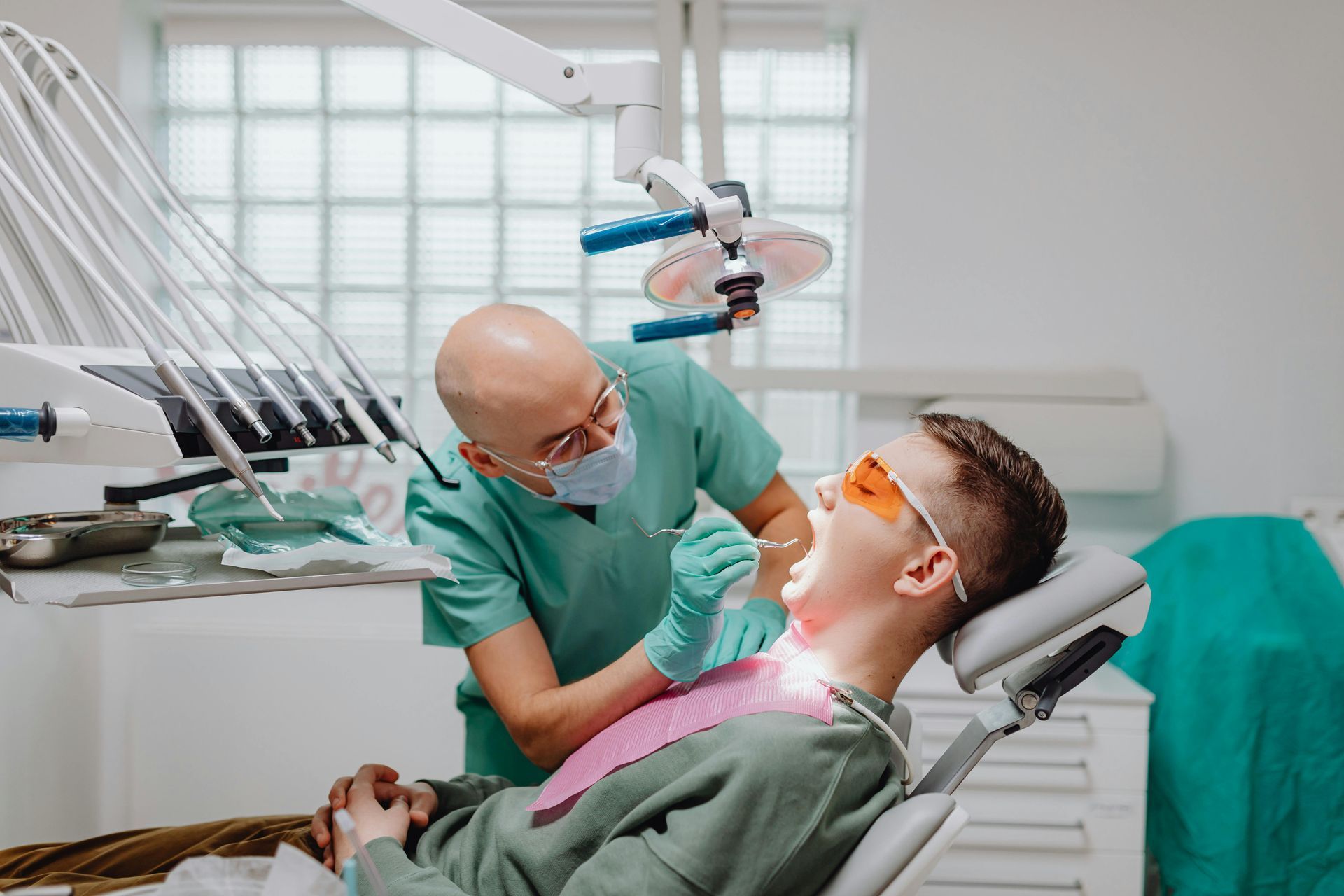Chewing Gum: Friend or Foe to Your Teeth?
The Pros and Cons of Chewing Gum
Have you ever unwrapped a stick of gum and pondered the consequences for your pearly whites? Chewing gum is a daily habit for millions, but its impact on dental health is a topic of fierce debate. From ancient times when Greeks chewed mastiche from trees, gum has maintained its sticky presence in our lives. In the following article, we delve into the complex relationship between chewing gum and oral health, discussing how this simple act can either protect or harm your teeth.
Chewing gum has been a popular pastime for centuries, popping up in various forms throughout history. Today, it's widely available in countless flavors, formulas, and marketed benefits, especially when considering dental health. However, while many sing praises of its benefits, there are also potential risks that come with gum-chewing. To understand whether chewing gum is okay for teeth, let's take a dive into the pros and cons based on facts and guidelines provided by dental experts.
The Benefits of Chewing Gum
Chewing sugar-free gum, particularly after meals, can have a host of positive effects on oral health. One significant benefit is the stimulation of saliva production which helps in neutralizing the acids produced by food and clearing food debris stuck in teeth. The increased flow of saliva can also bring more minerals in contact with tooth enamel, aiding in its remineralization and strengthening, thereby combating tooth decay.
Many sugar-free varieties of gum contain artificial sweeteners such as xylitol, which unlike traditional sugar, do not feed the harmful bacteria in your mouth responsible for causing cavities. Sugar alcohols like xylitol may actually reduce the number of cavity-causing bacteria. Moreover, sugar-free gum can be an ally against dry mouth, while offering the convenience of a quick fix for bad breath.
The Potential Risks of Chewing Gum
While the benefits of chewing gum, especially the sugar-free variety, are palatable, there are potential risks associated with it. For one, excessive chewing could lead to jaw problems, including temporomandibular joint disorder (TMJ), causing pain or discomfort. Some sugar-free gums also contain ingredients that can lead to digestive issues, like bloating and diarrhea if consumed in excess due to the presence of sugar alcohols.
Turning to gum with sugar can be particularly detrimental, reversing the positive effects on dental health by feeding harmful bacteria leading to tooth decay and gum disease. It's also vital for people with dental work such as crowns or braces to be wary, as chewing gum can dislodge these fixtures. Despite these risks, moderation and the right type of gum can allow individuals to enjoy the benefits of chewing gum without facing many of the potential downsides.
The Impact of Chewing Gum on Tooth Decay
Tooth decay is a pressing concern in dental health, often resulting from improper oral hygiene and the consumption of sugary foods. Chewing gum can influence this process, potentially impacting the prevalence and severity of tooth decay. When it comes to this impact, much depends on the type of gum being chewed.
Chewing sugar-laden gum can contribute to the development of cavities. As the sugar in the gum breaks down, it feeds harmful bacteria in the mouth, producing acids that erode tooth enamel. Over time, this erosion can lead to the formation of cavities, dental caries, and even gum disease.
In contrast, chewing sugar-free gum, particularly after meals, can have a protective effect against tooth decay. The mechanical action of chewing increases saliva flow, which helps to wash away food particles and neutralize the acids that harm tooth enamel. Additionally, some sugar-free gum ingredients, such as xylitol, can actively combat the growth of cavity-causing bacteria.
Understanding Tooth Decay
Tooth decay occurs when the outer layer of the tooth, the enamel, is destroyed by acid produced by bacteria in the mouth. These bacteria thrive on food particles left in the mouth, particularly those from sugary foods and beverages. As the enamel breaks down, small holes or cavities begin to form. Without intervention, tooth decay can lead to pain, infection, and even loss of teeth.
The progression of tooth decay involves several stages:
- Plaque formation: Bacteria in the mouth form a sticky layer called plaque on the tooth surface.
- Acid attack: Bacteria in plaque convert sugars from food into acids.
- Enamel demineralization: These acids dissolve the minerals in the tooth enamel, leading to weak spots and eventual cavities.
- Dentin and pulp damage: If untreated, decay reaches the dentin and, ultimately, the pulp of the tooth, potentially causing an abscess.
Regular brushing and flossing, along with professional dental cleanings, can help prevent tooth decay by removing plaque and minimizing the presence of acids.
The Role of Chewing Gum in Preventing Tooth Decay
Chewing gum can play a role in the prevention of tooth decay, with sugar-free options being the preferred choice for oral health:
- Increases saliva production: Chewing gum stimulates saliva flow, which helps wash away food particles and buffers the mouth's pH, reducing acid levels.
- Reduces bacteria: Sugar-free gum often contains xylitol or other natural sweeteners that reduce the levels of harmful bacteria in the mouth.
- Helps remineralize enamel: The minerals in saliva, such as calcium and phosphate, can help strengthen and rebuild the tooth enamel.
For maximum benefit in preventing tooth decay, follow these guidelines:
- Chew sugar-free gum after meals for about 20 minutes.
- Choose gums with the ADA Seal of Acceptance, ensuring that they meet safety and efficacy criteria.
- Use gum as a supplement to, not a substitute for, regular oral hygiene practices.
- Be mindful of any jaw discomfort or digestive issues and reduce gum chewing if necessary.
In summary, the type of gum chosen and the manner in which it is used can either increase the risk of tooth decay or serve as a beneficial tool in its prevention. Sugar-free gum, when used responsibly, offers a convenient adjunct to traditional oral hygiene practices in the battle against cavities.
The Effects of Chewing Gum on Oral Health
Chewing gum can be a double-edged sword for oral health, depending largely on the type of gum you choose. While traditional sugary gum is a culprit in promoting tooth decay, sugar-free gum may serve as a valuable ally in maintaining a healthy mouth. By increasing saliva production, strengthening tooth enamel, and fighting bad breath, sugar-free gum can enhance dental hygiene. Moreover, certain sugar-free gums possess alternative ingredients like xylitol or sorbitol—sugar alcohols that do not provide the same fuel to bacteria as regular sugar does. Therefore, selecting the right type of gum is crucial for ensuring positive effects on oral health.
Stimulating Saliva Production
One of the key benefits of chewing gum is its ability to stimulate saliva production. When you chew gum, your mouth responds by producing more saliva, which is the body’s natural way of rinsing the mouth. This increased saliva flow helps to dislodge food debris, neutralize the pH levels in your mouth, and wash away the acids produced by bacteria that can erode tooth enamel. As a result, chewing sugar-free gum after meals can be particularly effective in cleaning the oral cavity and offering some protection against tooth decay.
Strengthening Tooth Enamel
Chewing sugar-free gum not only removes food particles but also enhances the remineralization process of tooth enamel. The minerals found in saliva, such as calcium and phosphate, are critical for repairing and hardening enamel. By boosting saliva production through gum chewing, these minerals are more effectively distributed throughout the mouth, aiding in the continuous strengthening of tooth enamel. This is a vital process, as it can help reverse the early stages of tooth decay and fortify teeth against future attacks from cavity-causing bacteria.
Fighting Bad Breath
Bad breath, or halitosis, can often be traced back to bacteria in the mouth that produce foul-smelling compounds. Chewing gum, especially varieties that are sugar-free and contain natural sweeteners like xylitol, can help combat bad breath. The act of chewing increases saliva, which cleanses the mouth and dilutes these compounds. Some sugar-free gums also have specific ingredients that target and neutralize bad breath directly. However, it's important to remember that while gum can momentarily mask bad odors, addressing the underlying cause is essential for long-term fresh breath.
Types of Chewing Gum and Their Effects
Chewing gum comes in a variety of formulations, each with distinct ingredients and potential effects on dental health. From traditional sugary selections to sugar-free alternatives, the type of chewing gum you choose can have an impact on your oral environment. In general, gums are categorized based on their sweetening constituents: those with natural or artificial sweeteners, sugar-free gum often favored for its dental benefits, and gums with sugar alcohols, which are regarded as a compromise between sweet taste and dental care.
Sugar-Free Gum
Sugar-free gum is often lauded for its oral health benefits. Lacking sugar means it does not contribute to tooth decay, a significant advantage over traditional sugary gum. These gums may contain synthetic sweeteners, such as aspartame or sucralose, or natural low-calorie sweeteners like steviol glycosides derived from stevia. When selecting a sugar-free gum, it's important to look at the type of sweetener used, as they can have varying effects on oral health. However, universally, sugar-free gums encourage the natural process of cleaning your mouth by increasing saliva production, which aids in flushing away food particles and neutralizing harmful mouth acids.
Gum with Artificial Sweeteners
Chewing gums sweetened with artificial sweeteners offer the sweetness of sugar without the associated calories and dental risks. Despite satisfying the sweet tooth, these sweeteners do not promote the growth of cavity-causing bacteria in the mouth. This makes gum with artificial sweeteners preferable to sugary varieties for those looking to maintain oral health while enjoying a chewy treat. However, it's essential to be aware that artificial sweeteners are synthetic and can carry their own health considerations. While they are generally recognized as safe, excessive consumption can sometimes lead to digestive discomfort for some individuals.
Gum with Sugar Alcohols
Gum sweetened with sugar alcohols, such as xylitol or sorbitol, bridges the gap between the natural taste of sugar and the desire to avoid its dental drawbacks. Sugar alcohols are not metabolized by harmful bacteria in the same way as sugar, thus not causing the same rate of tooth decay. Additionally, xylitol has been noted for its potential to combat cavity-causing bacteria and encourage a neutral pH level in the mouth. Nonetheless, while sugar alcohols are better for teeth than sucrose, they can still lead to digestive issues if over consumed, and not all sugar alcohols are equally beneficial; it’s important to check which type is used in your gum of choice.
Considerations for Chewing Gum After Meals
Chewing gum after eating can be a great oral hygiene habit, particularly if brushing your teeth right away isn't feasible. The most significant benefit of popping a piece of gum after a meal is its ability to help remove trapped food debris between teeth, which may otherwise contribute to plaque formation and tooth decay. Additionally, the act of chewing increases saliva flow in your mouth. Saliva is nature's way of cleansing the oral cavity, not only washing away food particles but also neutralizing the acids produced by harmful bacteria that can erode tooth enamel.
Removing Food Debris and Stimulating Saliva Flow
When you chew gum, you naturally promote the production of saliva. This is crucial because saliva contains important elements that aid in maintaining the health of your mouth. It acts as a conveyor, dislodging and helping to dispose of the remnants of your meal that cling to teeth and gums. Moreover, an increased saliva flow brings more calcium and phosphate to help strengthen tooth enamel. The buffering agents in saliva help to restore a neutral pH balance in the mouth, which is vital to curb the dental erosion caused by acidic foods and drinks.
Choosing the Right Type of Gum
Not all gums are created equal when it comes to dental health. When selecting a gum to chew after meals, consider the following:
- Sugar Content: Opt for sugar-free varieties. Chewing gum with sugar can contribute to cavity formation.
- Type of Sweetener: Look for gums sweetened with xylitol, which is known to reduce levels of cavity-causing bacteria.
- Duration of Chewing: Limit chewing to about 20 minutes as excessive chewing may cause jaw discomfort or issues with the temporomandibular joint.
- Consistency: A firmer gum may be more effective at removing food debris than a softer one.
At Don River Dental we give you the best tips to maintain your gums healthy. If you are experiencing any symptoms or pain please feel free to call us at (416) 901 - 9292 and someone from our team will be happy to answer any questions and schedule an appointment as soon as possible. We offer safe soothing dentistry in North York.












